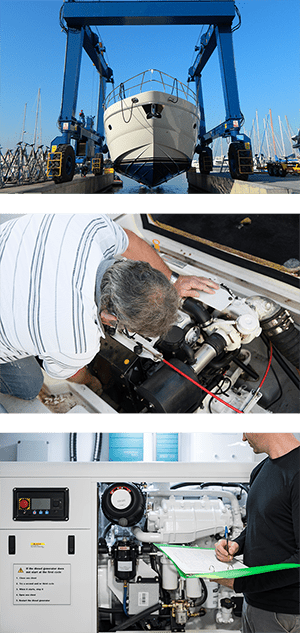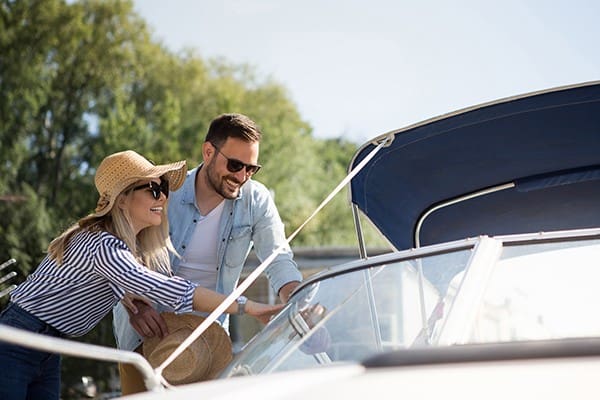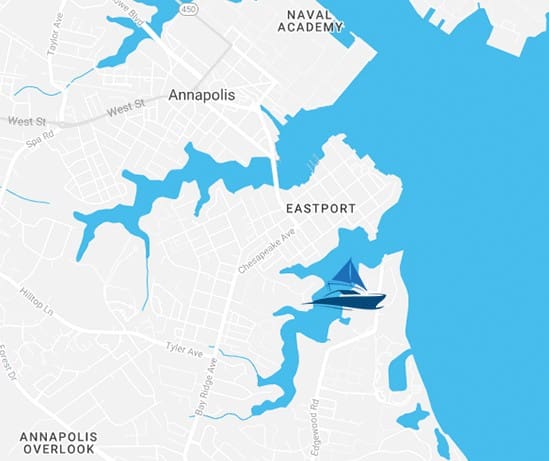
So you’ve found the perfect boat… Now what?
Now is the time to write up an offer! This easy to follow perfect offer guide will help you with your next dream boat purchase. A written offer holds much more weight than a verbal offer… in fact, most Seller’s agents won’t even present an offer to their clients unless it’s in written form. All you need to begin the offer process is your driver’s license(s). No deposit is required until your offer has been accepted.
Understanding “The Offer”
Price
Perhaps the most important piece of any offer is the price. Many items factor into the initial offer price including recently sold comps, boats currently on the market, and the actual condition of the boat. We will scour the market to find you the most respectable price to offer.
Contingencies
There is a section of the offer for contingencies or additional terms contingent to the purchase of the vessel. These usually include provisions for a vessel survey and sea trial, buyer financing, inclusion of a specific piece of inventory not included in the sale (tender / art, etc).
Dates
There are two key dates in the offer – the Acceptance of Vessel date – the date where the Buyer needs to let the Seller know if he intends to move forward with the purchase of the boat (aka Accept), or if he plans to terminate the agreement (aka Reject) – and the Closing date.
Survey/Sea Trial
During the survey they surveyor will go through the boat from one end to the other, looking at all systems, structures, and mechanics of the boat, including putting the engine through its paces and pulling out the sails during the sea trial if that applies. A report will be issued with survey findings which will include a list of suggested essential and non-essential repairs. A second round of negotiations may occur to address any essential repairs discovered at survey prior to Acceptance of Vessel.

After the survey, you need to decide the following:
Non-Conditional Acceptance
Where you accept the boat as is with no further negotiations.
Conditional Acceptance
Accept the boat with a Survey Allowance for essential repairs or accept the boat pending repairs by the owner.
Reject the Vessel
Time to keep looking for that perfect boat.
Closing the Deal
After Acceptance is signed, the closing paperwork can begin. Expect a closing coordinator to reach out to you to introduce themselves and explain what is needed from you as the Buyer. Typically, closing documents are prepared and a package is emailed to you to print, sign notarize if needed and FedEx back to us. Your closing package will include wire instructions for the balance due, as cashier’s checks and personal checks are usually not acceptable forms of payment since they require additional time to clear. The sellers will also receive their own closing package to execute. Once all paperwork is returned and funds have been distributed, the deal is considered to be closed and congratulations are in order! You may now go and enjoy your new boat.

Other Costs to Think About
Once the purchase is complete, there are still extra fees that are associated with your purchase:
• Surveyor’s Fee (Approx. $25-$35/linear foot length of the boat)
• Launch and/or Haul for the survey (Approx. $6-$12/linear foot length of the boat)
• Purchase Price of Boat (Final price of the boat)
• Sales/Use Tax depends on which state the boat will be registered (MD 5%, max $15,800/VA 2% max $2k)
• Processing fee: In State $795/Out of State $750
• $75 for an Abstract of Title if the boat is USCG documented/USCG documentation fee if the lender requires it or you wish this to happen (Approx. $800-$1000)
• Temporary Storage (If the boat is moved immediately upon closing)
• Permanent Storage (The cost of your new slip if needed)
• Insurance (We can help with recommendations)
• Transportation (If being moved by truck or captain or shipped to a foreign port)
• For any help with these resources do not hesitate to give our team a call
Ready to buy?
Give us a call today to get your boat on the market!

Contact Us
Port Annapolis Marina
7080 Bembe Beach Rd #211, Annapolis, MD 21403

Providing excellent yacht brokerage service to Annapolis as well as Kent Island, Washington D.C., Baltimore, and the surrounding areas.